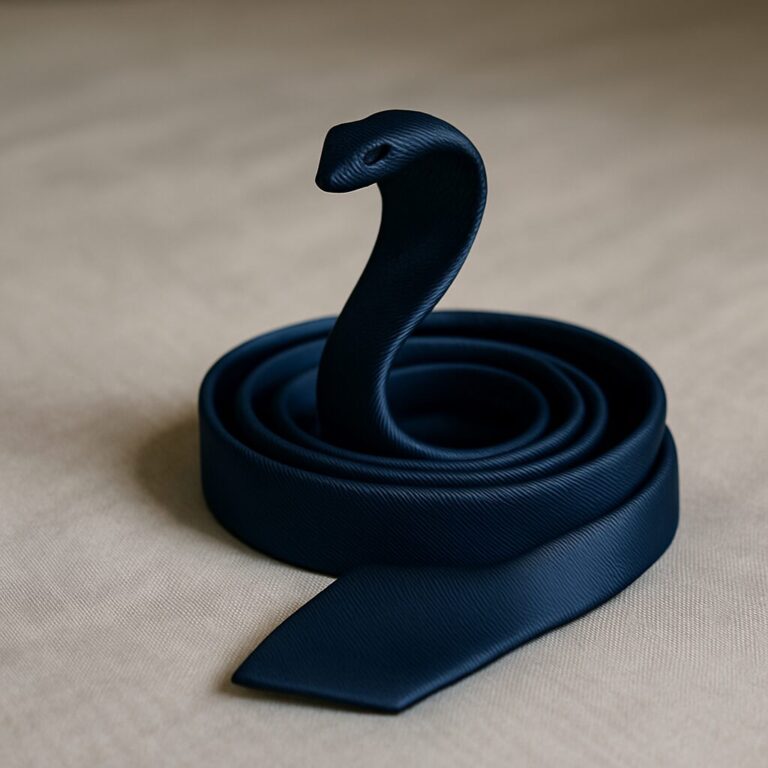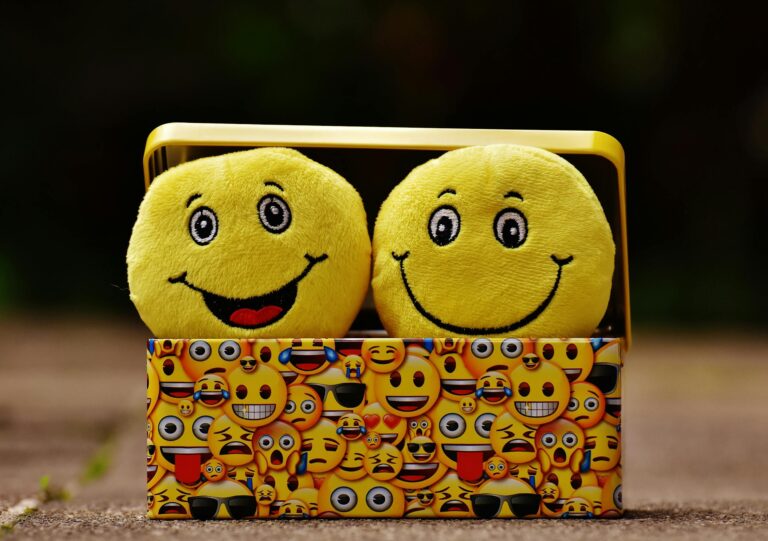First love doesn’t just pass—it prints itself on us. The intensity, the rush, the drama—it all leaves a mark. For some, it becomes a beautiful memory. For others, it quietly stalks the present, especially when things in a current relationship feel steady… but underwhelming.
If you’ve ever found yourself comparing your spouse to a past love, wondering why the butterflies aren’t there, or even tracking an old flame on social media just to feel something—you’re not alone. You’re not broken. And you’re not necessarily in danger. But you might be at a crossroads.
First Love Isn’t Just Sentimental—It’s Neurological
We fall in love for the first time when our brains are wide open to imprinting. Helen Fisher and other researchers have shown that those early experiences activate the brain’s reward system in a way that’s hard to replicate later in life. We’re flooded with dopamine and oxytocin. The brain literally records that moment as something significant.
And because first love often happens during adolescence—when we’re still developing our emotional vocabulary—it creates a template. One that quietly informs what love is supposed to feel like.
When the Comparison Starts to Undermine the Relationship
In therapy intensives, I’ve worked with partners who feel like they’re “doing everything right,” yet something’s missing. Often, it’s not that the relationship is failing—it’s that one partner is still unconsciously measuring the present against the intensity of the past.
Let me tell you about Tilly.
Tilly and her husband Mark came to a couples intensive after years of quiet disconnection. On paper, things looked good. But Tilly felt numb, even guilty. During an individual session, she finally said it out loud: “I keep comparing Mark to Carl—my first love.”
Carl had been her high school boyfriend—funny, spontaneous, full of romantic flair. The relationship didn’t last, but the memory did. And thanks to social media, so did the access. Tilly wasn’t having an affair. But emotionally? She was stuck.
“It wasn’t even Carl I was missing,” she later told Mark. “It was that feeling. That sense of being swept away. And I realized—I had started to treat our marriage like a problem to solve, instead of a love to nurture.”
This was the turning point. Not because they went back to some teenage fantasy, but because they finally got honest about the weight of memory, the pressure of comparison, and the need for a relationship that felt emotionally alive.
When Memory Meets Temptation
In the digital age, first love isn’t just a memory—it’s a clickable profile. Some partners reconnect with old flames and call it innocent. Others slide into emotional affairs they didn’t see coming.
If this sounds close to home, read more about how Facebook facilitates modern infidelity and why even digital imagination can cause very real harm.
How Couples Therapy Helps You Get Unstuck
This isn’t about demonizing memory. It’s about freeing yourself from the illusion that the past was perfect—and that your present can’t compare. In an intensive, we help couples: • Name the comparisons they’ve been avoiding • Talk honestly about unmet needs • Reignite emotional connection without relying on nostalgia
Because no adult love can compete with a teenage fantasy. But it can grow into something deeper.
Final Thought
Your first love taught you something. But your present love deserves the full attention of the person you’ve become. Not just the memory of who you once were.
If you’re struggling with quiet disconnection or wondering why your heart feels halfway elsewhere—we can help you find your way back. Together.
Let’s begin.







